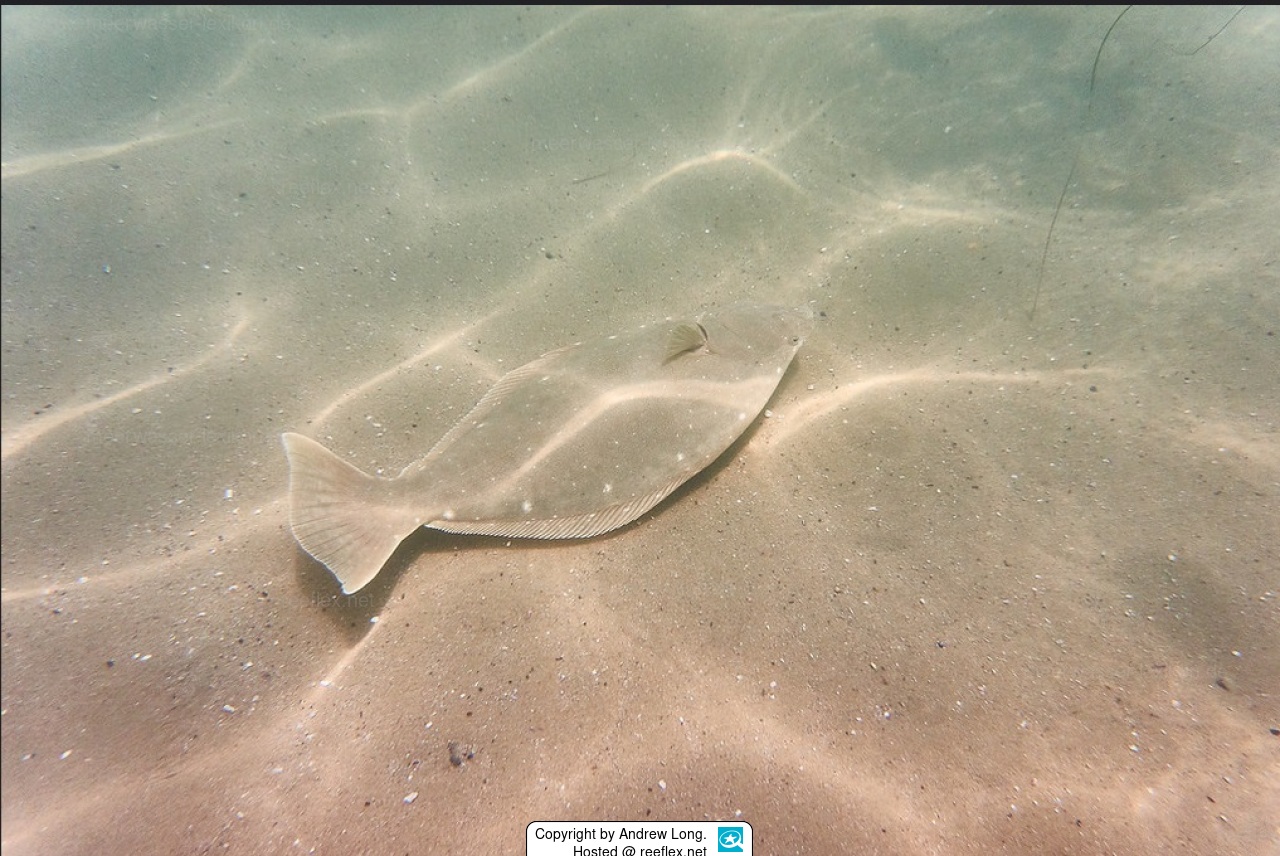Info
Synonym: Hippoglossus hippoglossus camtchaticus Rendahl, 1931
Feeding intake.
The fish take a long time to eat at the beginning, before the food is taken up, a close inspection is carried out. After acclimatisation, the offered frozen food is eaten without problems. It should be noted that wild-caught fish behave differently than offspring when it comes to food intake. In the case of offspring, the size of the fish purchased also plays a role in the choice of food.
Feeding intake.
The fish take a long time to eat at the beginning, before the food is taken up, a close inspection is carried out. After acclimatisation, the offered frozen food is eaten without problems. It should be noted that wild-caught fish behave differently than offspring when it comes to food intake. In the case of offspring, the size of the fish purchased also plays a role in the choice of food.







 Andrew Long, USA
Andrew Long, USA


